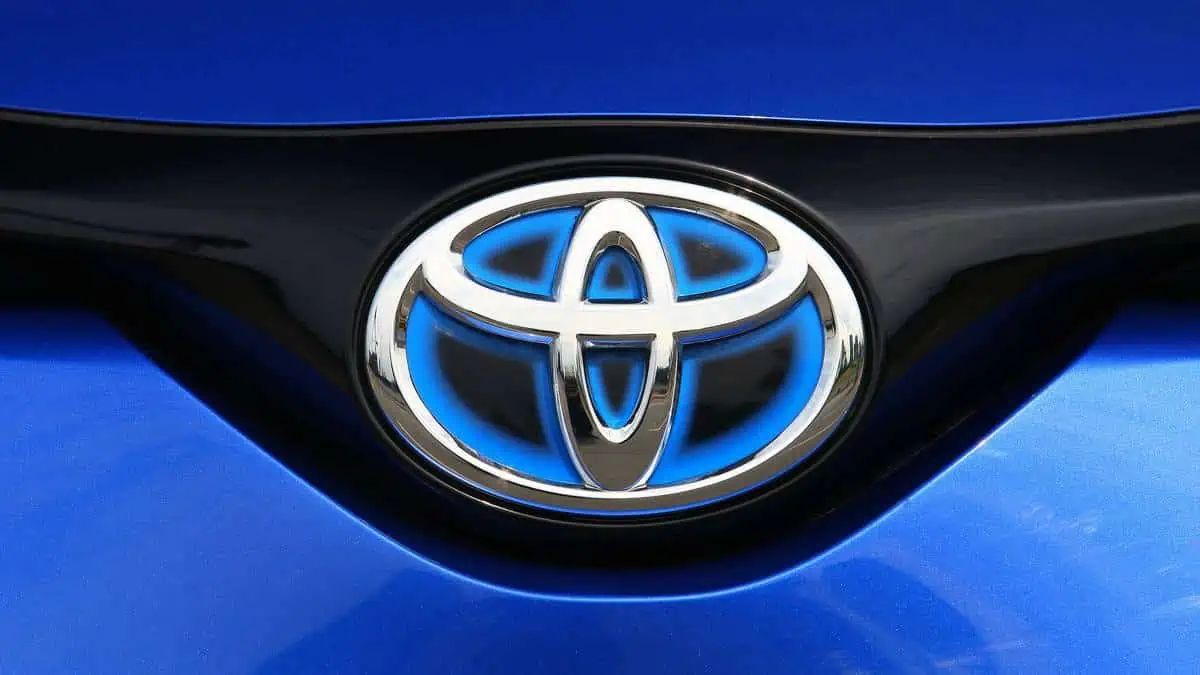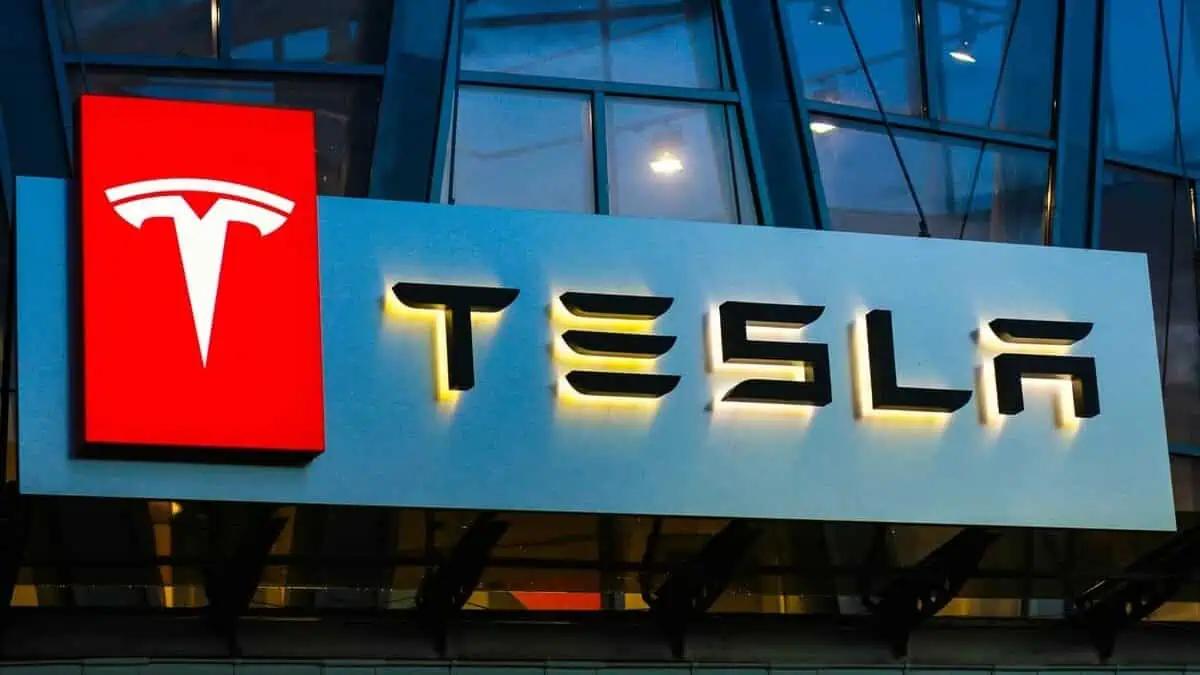Japanese automaker Toyota announced on April 24 that it had obtained the California Air Resources Board’s (CARB) Zero Emission Powertrain (ZEP) Executive Order for its heavy-duty hydrogen fuel cell electric powertrain.
The press release noted that the powertrain consists of the following components: hydrogen fuel storage tanks, fuel cell stacks, batteries, electric motors, and transmission.
With this new technology, original equipment manufacturers (OEM) and heavy-duty Class 8 commercial truck operators now have an additional tool to assist them in adhering to California’s increasingly stringent pollution requirements.
What is CARB’s Executive Order?
The CARB order attests to the system’s compliance with CARB rules for zero-emission powertrains in California.
OEMs using a certified Toyota powertrain may also qualify for additional incentives, including the Clean Truck Fund (CTF), the Hybrid and Zero-Emission Truck and Bus Voucher Incentive Project (HVIP), and other federal incentives.
“Toyota aims to reduce or eliminate emissions for all mobility solutions, and our fuel cell electric powertrains have proven that hydrogen can play a significant role in the emissions reduction of emissions from heavy-duty transportation.
Receiving the Zero-Emission Powertrain Executive Order from CARB is a key achievement for our teams, who have dedicated an incredible amount of time and effort, and we are excited to offer this powertrain commercially in the near future.”
Scott Friedman, Toyota Motor North America’s senior program manager of advanced mobility
Toyota went through a long way to reach this point. In hindsight, its Project Portal started developing large vehicle fuel cell powertrains in 2017. At the Port of Los Angeles, the company’s prototype trucks started to operate, initially on shorter routes before gradually traveling farther. Later, the company enlisted truck manufacturer Kenworth as a partner in the project, partially funded by a sizable grant from CARB.
Toyota’s powertrain kit
The Toyota powertrain kit has all the components essential to operate a fuel-cell car. As mentioned, it includes fuel cells itself, batteries, electric motors, transmission, and hydrogen storage tanks.
Notably, Toyota aims to provide a fully functional system that only needs to be installed in a truck. It also intends to make the kit commercially available as a suitable replacement for diesel powertrains in heavy vehicles.
“We believe hydrogen will play a significant role in the emissions reduction of heavy-duty transport while not sacrificing the distance, power, or fueling times needed to keep these fleet and individual operators running.
Fuel cell technology is scalable, and we believe it will take an increasingly visible and important role in our collective fight to reduce and eliminate carbon as we move towards a hydrogen society.”
Chris Rovik, Toyota Motor North America’s executive program manager and advanced mobility
According to the press release, production may start in Toyota’s Kentucky plant in late 2023.
See Also:
- Toyota bZ3 with BYD technology formally launched in China
- Toyota announces plan to produce PHEVs with an electric range of over 124 miles
- Toyota seeks wireless charging tech with new partners
- Toyota’s new CEO continues to favor hydrogen over BEVs
- Toyota bZ3 electric equipped with BYD technology costs under $30K in China
Toyota’s powertrain kit might be the solution for truck makers trying to figure out how to comply with upcoming new emission requirements. It would not be surprising if numerous truck manufacturers would take advantage of Toyota’s extensive fuel cell experience in producing cleaner heavy goods vehicles in the future.






